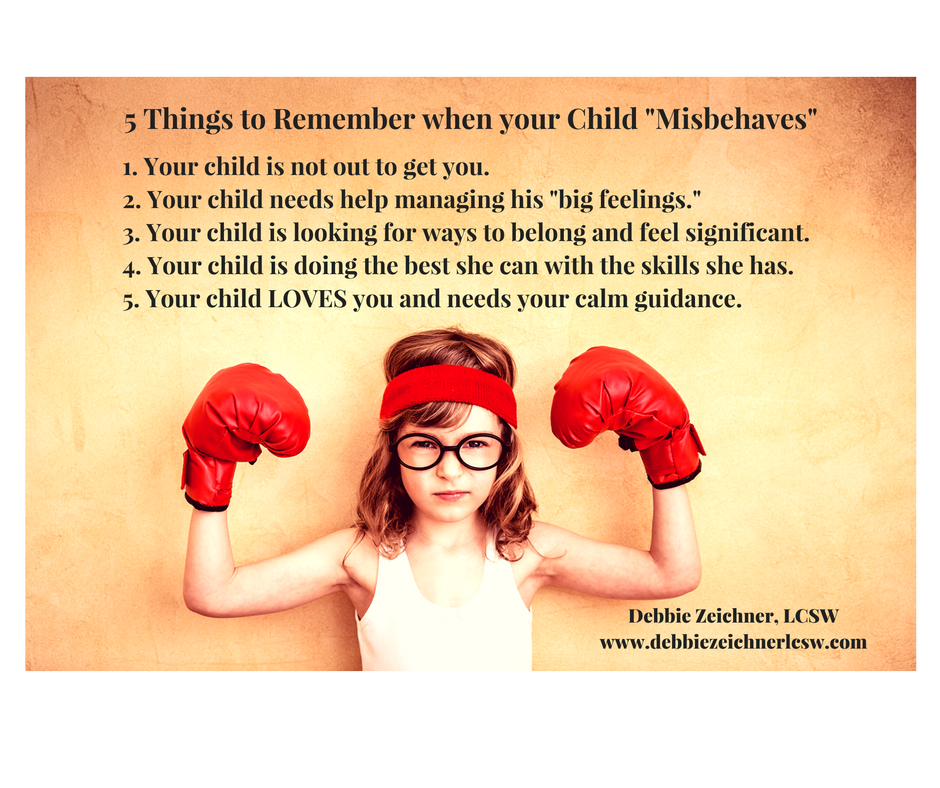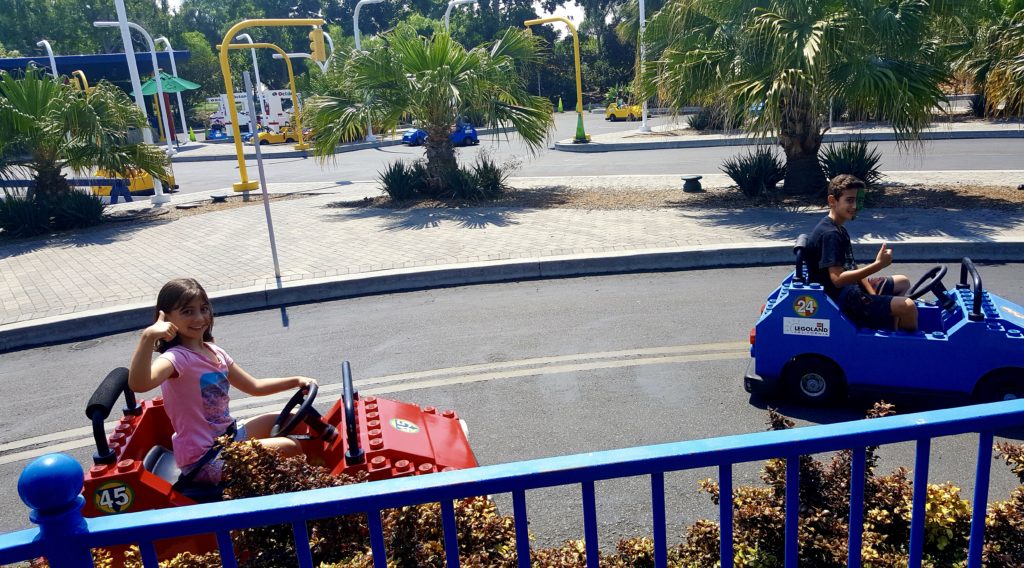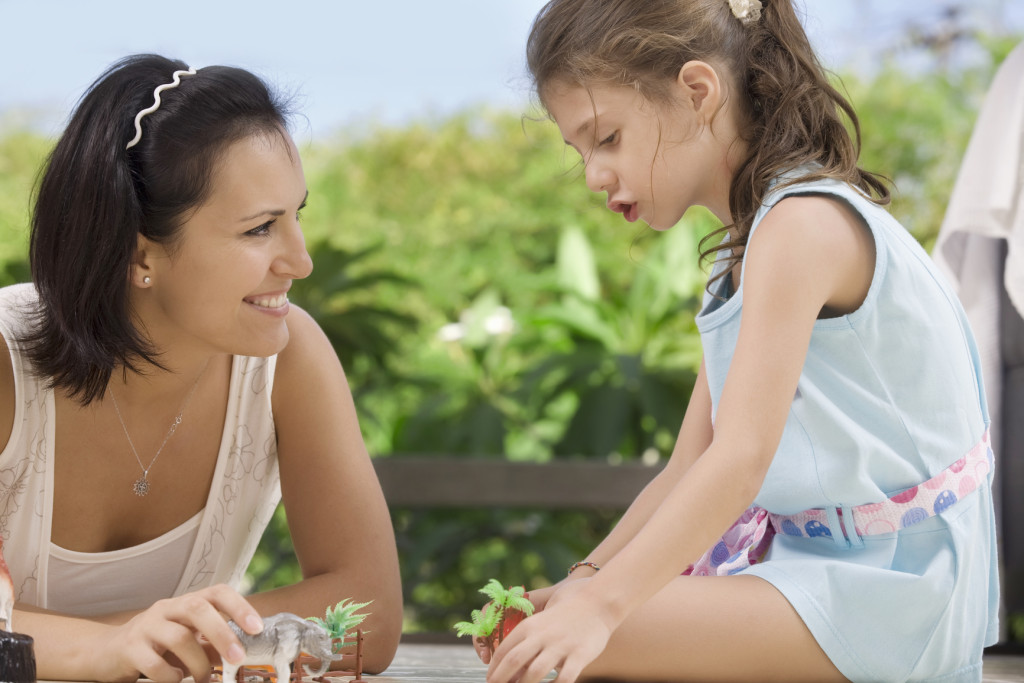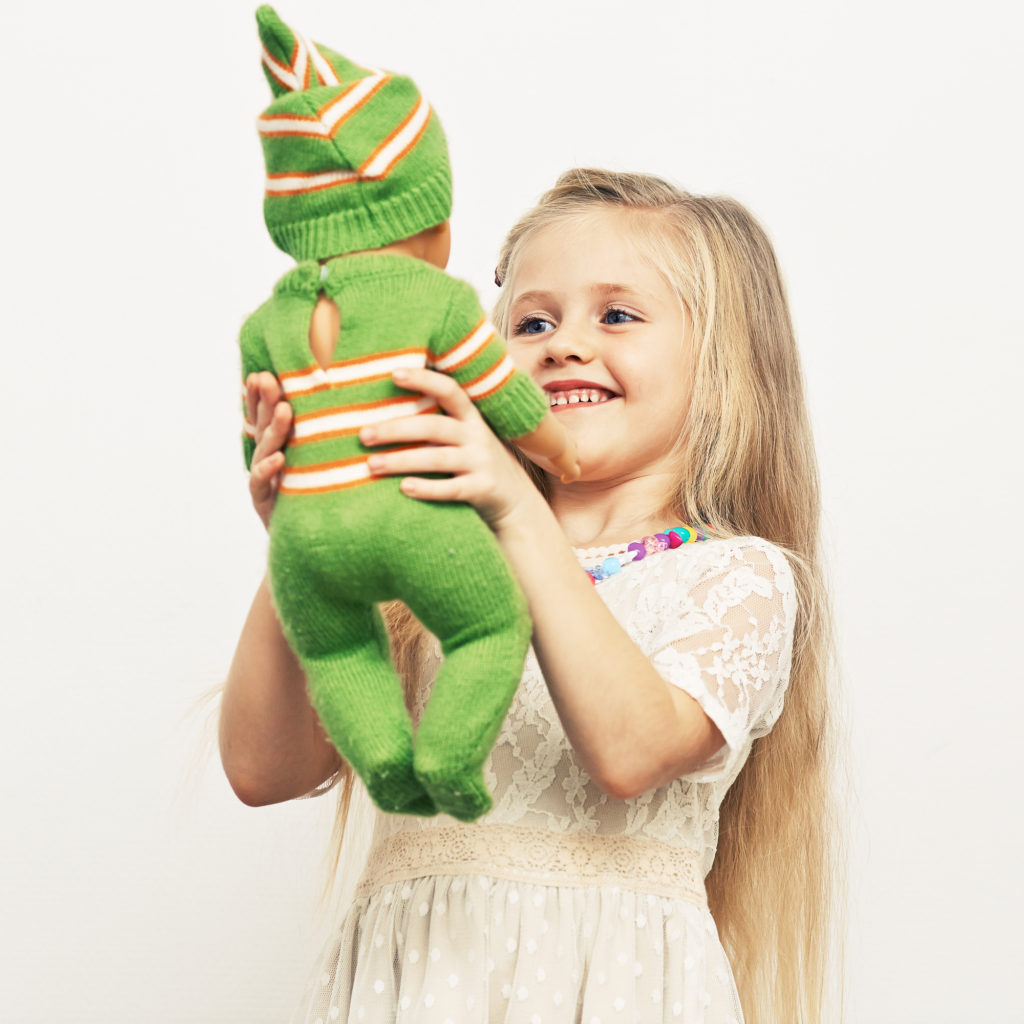Looking back on your childhood, were your emotions acknowledged and accepted? Did you feel validated? Was it ok to feel what you were feeling or was there a different message you received?
Many of us certainly “turned out ok,” but looking back, imagine if your parents or caretakers would have handled your behavior/feelings/attitude differently? Perhaps with more patience, acceptance and understanding?
It’s been said that all behavior is a form of communication. “Misbehavior” often happens because a child is simply lacking the skills and resources he needs to get his needs met appropriately. Hard as it can be, we have to remember that our children haven’t been on this planet very long – they are doing the best they can with the (limited) skills they have. So are we!

What is your child’s behavior trying to tell you?
The thing is, children learn “right from wrong” and how to “be” in this world through loving, patient and calm guidance from the adults they trust most – us! Limits do indeed need to be set, there’s no doubt about it. However, when limits are too strict or enforced without an understanding of where a child is developmentally, those limits only fall on deaf ears and the behaviors continue. Children then end up focused more on our anger, irritation or frustration (or what’s been taken away from them), rather than on the important lessons we’re trying to teach. Reminding ourselves “This too shall pass” and “My child is acting like a ___ year old because he/she IS a ___ year old” are truly sanity savers!
Contrary to popular belief, we are much more effective in improving behavior (and equipping our children with the skills they need) when we first focus on connecting with our child. This involves slowing down, empathizing, getting curious about the behavior(s) we see and responding thoughtfully, rather than just reacting out of anger, frustration or impatience. It’s about understanding that there are needs and emotions beneath the behavior.
Connection also involves acknowledging those needs and feelings and then focusing on teaching our child what to do instead of what not to do. In other words, we allow feelings, while limiting hurtful or destructive behavior. For example, “I know it made you angry when your brother grabbed your toy. It’s ok to feel angry, it’s never ok to hit/yell/throw. What words can you use to tell your brother how you feel and what you need?” Because kids are natural pleasers, they can more successfully follow our guidance when they are clear on what’s expected and when they feel connected. This of course all takes time, patience and lots of practice, which is why it’s so important that we have realistic expectations – of our child AND ourselves!
We know from neuroscience (notably mirror neurons within the brain) that children learn how to manage and regulate their emotions (and actions) by how we regulate and manage ours. We can’t expect our child to “behave appropriately” if we’re frequently in the throes of our own adult tantrums!
Here are some steps you can take the next time you’re being faced with challenging behavior…
1) Do your best to pause. Take a breath. Slow down and focus on connecting with your child.
2) Be mindful of your tone of voice, body language and non-verbal’s – I find it helpful to ask myself, “How am I showing up right now?” “What is the message I’m sending my child?” “Am I inviting cooperation or resistance?”
3) Be mindful of your self-talk. Telling yourself “What is the matter with her???” isn’t helpful. Instead, try telling yourself something more along the lines of, “My child is having a hard time and needs my help.” or “This isn’t an emergency, I can handle this.”
4) Get below your child’s eye level and acknowledge the need or feeling your child may be having. Author Dan Siegel refers to this as “name it to tame it.”
5) Ask for the behavior you want versus what you don’t want.
As Positive Discipline author Jane Nelsen says, “Children listen AFTER they feel listened to and DO better when they FEEL better.” We all do!
I’m convinced that parenting is the hardest job out there. Raising little humans isn’t easy – the struggle is real! Please know you are not alone on this journey and that there is no such thing as a perfect parent. We’re all in this together!
With ❤️ and gratitude,
Debbie
Do you feel like you could use some support in navigating parenting? You’re not alone! Consider a 15 minute “exploratory call” to see if parent coaching is right for you! Email debbiezeichnerlcsw@gmail.com for more information.













 A successful day at Legoland!
A successful day at Legoland!



